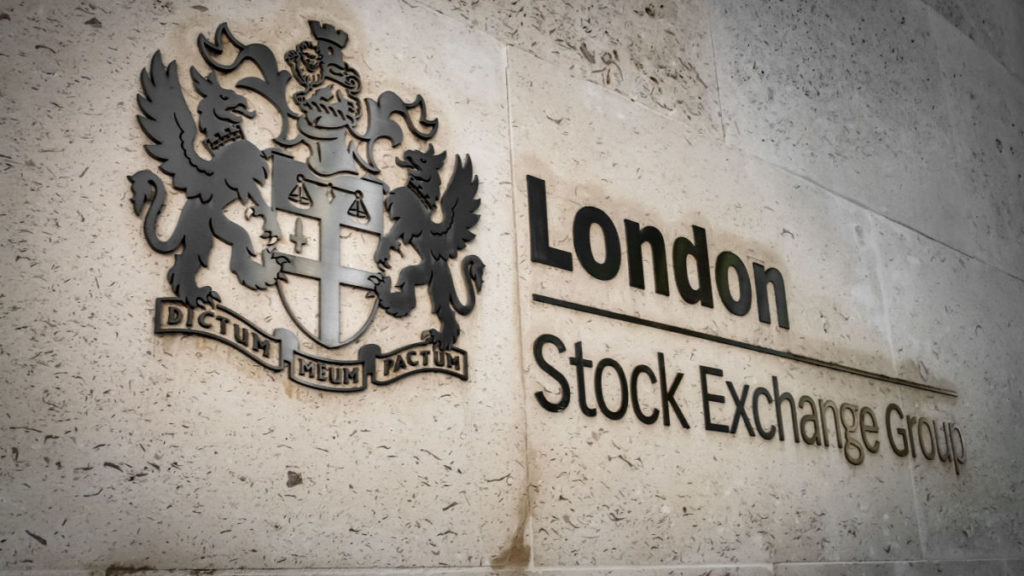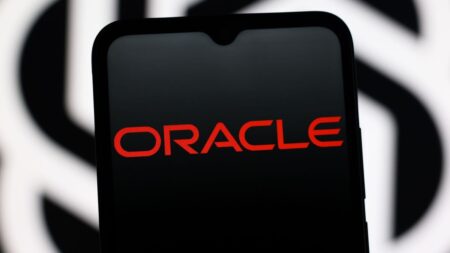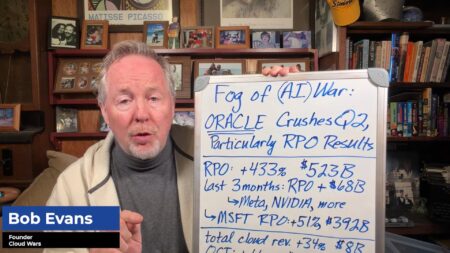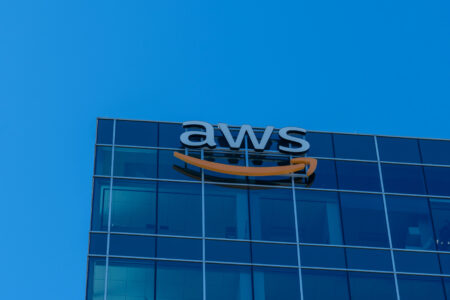
Microsoft’s megadeal with the London Stock Exchange Group (LSEG) is the latest massive-scale example of major cloud providers entwining themselves with key customers in co-creation partnerships that are redefining and perhaps even erasing industry boundaries.
We’ve recently heard Renault Group’s CEO say its megadeal with Google Cloud blurs the lines between tech and automotive, and not long before that Google Cloud consummated a huge contract with the Chicago Mercantile Exchange featuring a $1-billion investment into the derivatives exchange.
We’ve seen other big and complex deals with automakers desperately striving to become mobility providers, with retailers looking to cram 8 years’ worth of future innovation into 12 months, pharmaceutical companies looking to shave lab-to-revenue time from 10 years to 18 months, and logistics companies becoming almost indistinguishable from data-science firms.
And now comes Microsoft and its decision to become part-owner of the London Stock Exchange as part of a larger deal overhauling every aspect of the exchange’s IT environment as part of its quest to become the world’s largest “financial-services infrastructure and data business.”
So a reasonable question might be this: does that 4% stake in the London Stock Exchange make Microsoft a financial-services company, even on a kinda/sorta basis?
Well, you tell me, based on this excerpt from a blog post written by Microsoft executive VP Judson Althoff:
“LSEG has already started to address these issues for their customers, and through this strategic partnership, we will accelerate that transformation. Additionally, capital markets run on data and by investing in the co-creation of new solutions, we will capitalize on the incremental opportunity we have together and support clients in their transformation.”
As I see it, we might need to call in King Solomon to divine that line between the transformer and the transformee.
Perhaps a few details tied to the megadeal will help:
- As part of the 10-year agreement, Microsoft is purchasing a 4% stake in the London Stock Exchange, a chunk that Reuters says is worth $2 billion;
- LSEG agrees to purchase at least $2.8 billion in cloud services and support from Microsoft across the decade-long arrangement; and
- Microsoft expects to generate another $2.2 billion in revenue across those 10 years from LSEG and/or from the “broader market opportunity.”
Here’s what the LSEG CEO had to say about the deal per the Microsoft blog post noted above: “This strategic partnership is a significant milestone on LSEG’s journey towards becoming the leading global financial markets infrastructure and data business and will transform the experience for our customers,” said David Schwimmer, CEO of London Stock Exchange Group.
Final Thought
Well, we’ve all seen profound changes in the nature of the buyer-seller relationship across the cloud industry in the past few years, so it should not be a total shocker that ownership stakes of customers’ businesses are now in play.
And while most of the big cloud providers other than Amazon are loathe to get too deeply into their customers’ businesses for fear of being seen as a competitor, this high-scale co-creation model allows the big cloud companies a chance to tiptoe into vertical industries in such a way that not only does not anger customers but in fact delights them! Even to the point that the customers are willing to pay for the privilege!
So I would suggest that we look at this Microsoft-LSEG blockbuster not as an aberration or a one-off, but rather as a very clear indication that the blurring of the lines across not only industries but also buyers and sellers — and who’s paying whom — has only just begun.









